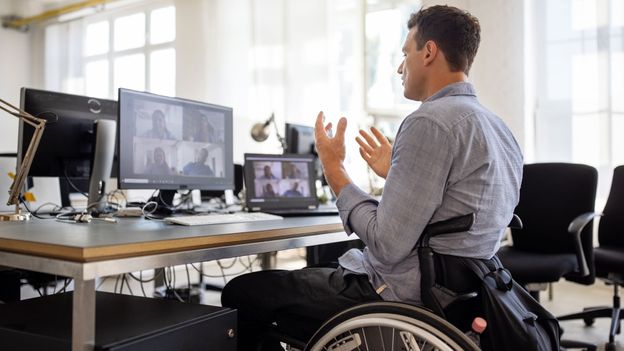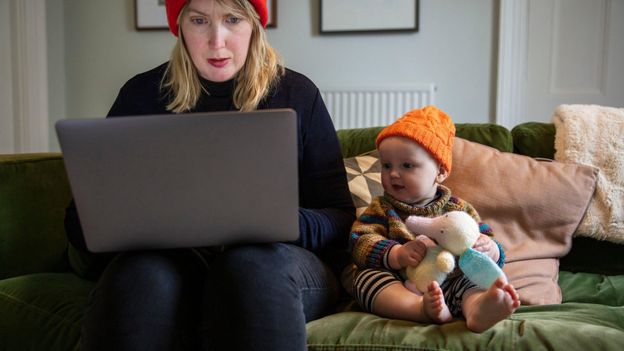When a manager makes a negative assumption about an employee’s behaviour and decides to supervise them more closely as a result, it can cause psychological distress, which in turn can harm performance. “Monitoring is interpreted by employees as not being trusted to do their work, impinging on their sense of control over their work and their trust of their manager and organisation as a whole,” says Caroline Knight, research fellow at Curtin University’s Future of Work Institute in Perth, Australia, who is leading an ongoing study on the impact of Covid-19 on work, wellbeing and performance.
“When leaders start to monitor, employees are less motivated and feel less responsible for their work,” adds Anita Keller, assistant professor of behavioural and social sciences at the University of Groningen in the Netherlands, who is collaborating with Knight on the study. The increased autonomy that comes with working remotely can be a boon to productivity and morale, she explains, but only if supervisors trust their team to perform, “otherwise there are limited or no benefits for employees and organisations”.
Building relationships remotely
In order to shore up trust, it’s helpful to realise that trust building isn’t a one-size-fits-all process.
Gardner explains that there are two main types of trust: competence trust, which relates to pure professional ability; and interpersonal trust, which is based on human connection and integrity. “If you deliver quality work on time but are a jerk, that undermines personal trust,” says Gardner. “People need to send strong, clear, reliable signals of trustworthiness in both these dimensions.”
There are also two different types of trust personalities: automatic trusters, who give the benefit of the doubt until trust is broken; and evidence-based trusters, who tend not to trust until they’ve been given adequate reason to do so. “If you don’t know which type a co-worker is, the safer bet is to assume they’re evidence-based,” suggests Gardner. Providing more communication and information than necessary to a new colleague will cover your bases until trust is established.












